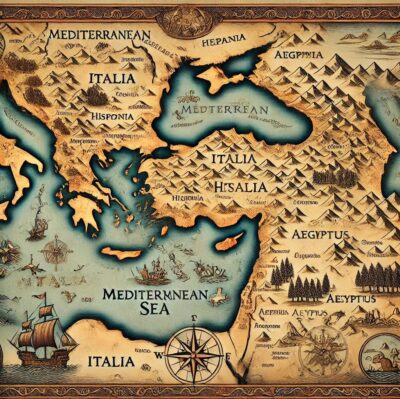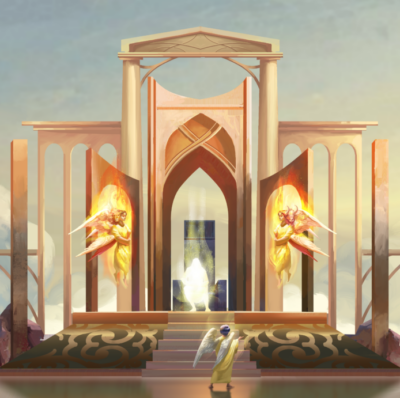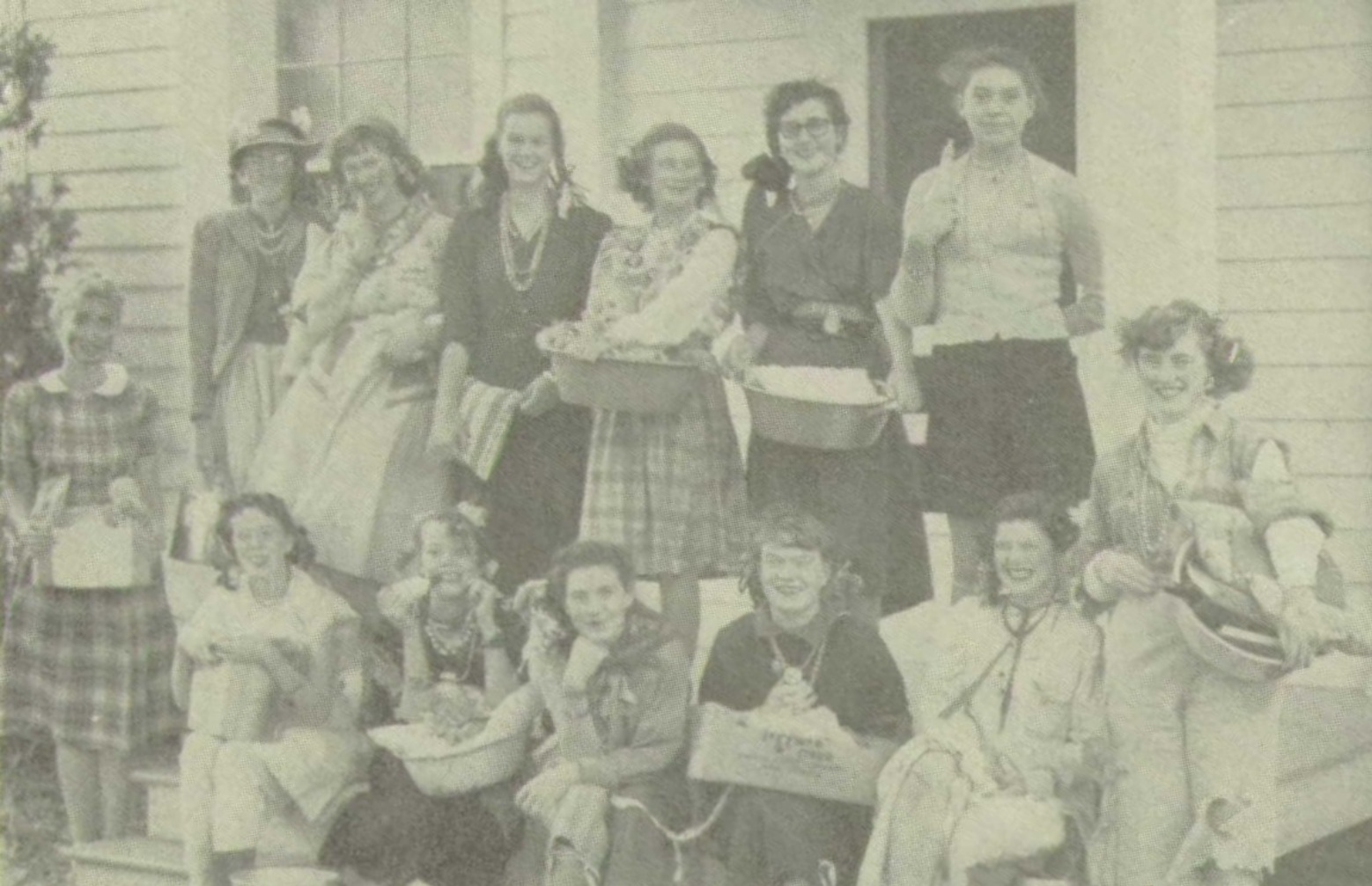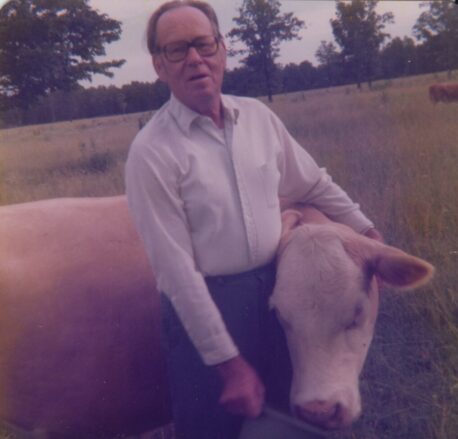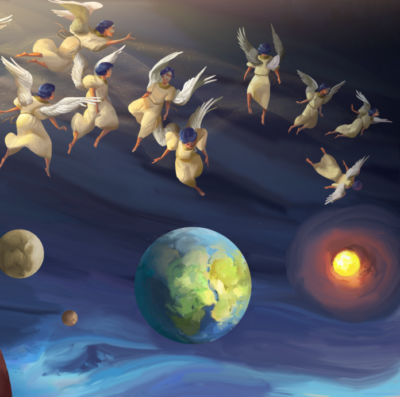Initial Outline
Here’s my current book outline to give you a sense of the direction for this book. Are there key elements or topics I may have overlooked? My goal is to structure the book into seven chapter sub-sets, with a total of 50 chapters—so some of these will need to be trimmed. I want to ensure a strong, balanced structure that effectively delivers the message. Any insights or suggestions? Message me on my social media!
- Introduction
- The Cosmos Corrupted
- 1. A Second Family in God’s Kingdom
- 2. What a Wonderful World
- 3. Rebellion in God’s Kingdom
- 4. Humans Join the Rebellion
- 5. Alternative Kingdoms
- 6. Dividing the Rebellion
- 7. Hope
- A Beachhead (Israel) among the Nations
- 8. Cosmic Geography in the OT
- 9. Faith in God or Fear of Giants
- 10. Mount Hermon in Bashan
- 11. Holy War
- 12. The Son of Man
- 13. Purging the Nephilim
- 14. The Failed Holy Ones
- 15. Jonah and Nineveh
- 16. Israel given over to worship the host of heaven
- 17. In Enemy Geography
- The Redeemer
- 18. The Beginning of Jesus’ Public Ministry
- 19. On Earth as it is In Heaven (Matthew 6:9-13)
- 20. The Demoniac (Matthew 8:28-34)
- 21. My Beloved Son
- 22. 70 Disciples
- 23. Peter and the Gates of Hades
- 24. Mount of Transfiguration (Matthew 17)
- 25. You are gods (John 10:34-35)
- 26. Triumphal Entry (John 12)
- 27. Jesus Triumphs over the Bulls of Bashan
- 28. If they had known (Good Friday)
- 29. Saturday
- 30. The Resurrection
- The Mission (14 Days) – Acts map of Nation Redemption
- 31. The Game Plan (Great Commission)
- 32. Our Weapons
- 33. Jerusalem (Jews) Receives the Holy Spirit
- 34. Baptism
- 35. Steven’s Vision (Acts 7:55-56)
- 36. Samaria: Samaritans Receive the Holy Spirit
- 37. Philip and the Ethiopian Eunuch
- 38. The Ends of the Earth (Gentiles (Cornelius) in Judea): Gentiles Receive the Holy Spirit
- 39. Tongues in Ephesus (Acts 19:6)
- 40. The Spiritual Battle Continues
- 41. Baptism
- 42. Authority over the Nations
- 43. God’s Image (Eph 4:22-24)
- 44. Tarshish (Spain) (Romans 15)
- 45. The Church in Babylon
- The Cosmos Restored
- 47. The Kingdoms of Our Lord
- 48. Judging Angels
- 49. Fellow Servants
- 50. Psalm 45
- 51. Fallen, Fallen is Babylon the Great
- 52. Heaven is Cleansed
- 53. Restored Holy Ones
- 54. A Wonderful New World
